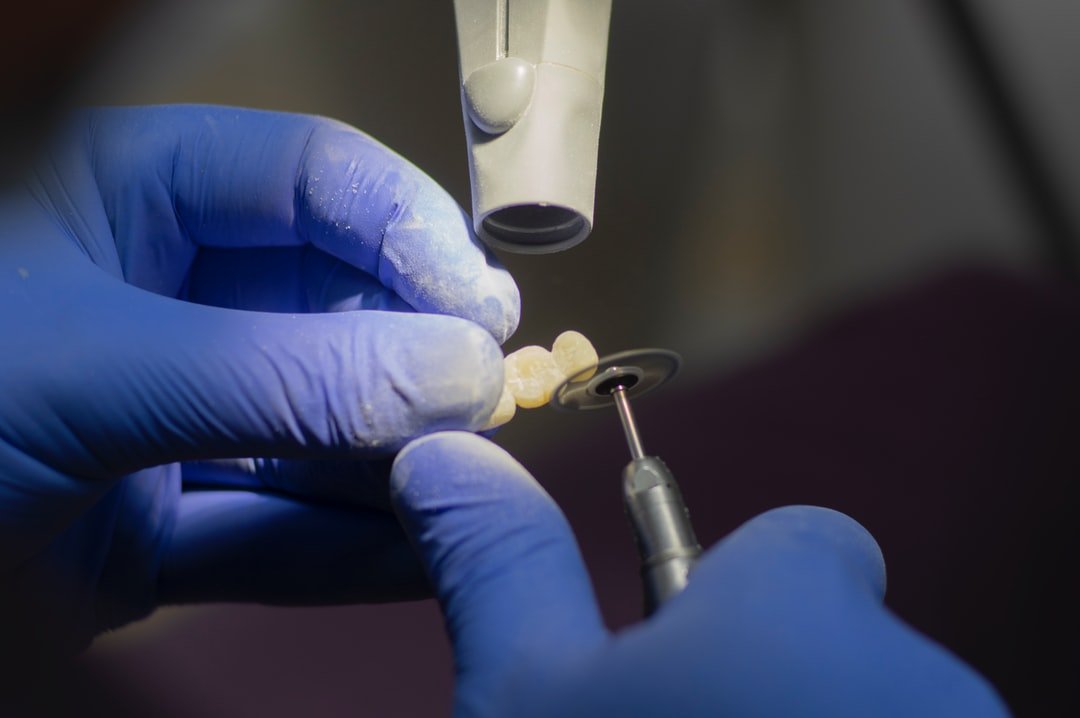Reverse Periodontitis and Gingivitis - The Basics

When you get gingivitis and then try to treat it with regular dental checkups, your dentist is not likely to find out that the underlying cause might be one of the symptoms of reverse periodontitis. Gums that are heavily infected with bacteria but do not show any signs of inflammation are difficult to detect. Sometimes the area around the gum line may be red and swollen, but it will be business as usual. The gums themselves can appear to be healthy, and no apparent relationship to gum disease or anything else that is going on in your mouth can be detected. This means that if you have a problem with gingivitis, while you are being treated for the symptoms, the root causes may go unnoticed. As the inflammation progresses, the gums become inflamed. If gingivitis is not addressed, it can lead to the loosening or detachment of some of the tissue around the gum line. The gums start to recede from the teeth, exposing dentin and creating spaces between them. This is known as pockets, and these pockets can be filled with bacteria. Bacteria which are already present in the mouth and are growing in the pocket create an environment which allows for growth and infection. See post, visit https://www.britannica.com/topic/dentistry. Antibiotics are prescribed for people suffering from periodontitis. In fact, if the pockets around the gum line become too much for the good bacteria to handle, the antibiotic will kill them off. This results in bacterial imbalance, and when the balance is upset, other disease causing pathogens can move in. The result is that you end up with a combination of conditions which not only makes your gums vulnerable to infection, but weakens the immune defenses against other diseases as well. Many of these pathogens may be able to cause serious damage to your gums if left untreated. You can also learn here about how to reverse periodontal disease naturally. In many cases, once the underlying condition is corrected, antibiotics can provide immediate relief for gingivitis and periodontitis. However, there are some instances where periodontitis doesn't clear up on its own. In such cases, it's important to find other means of combating the bacterial infection which is responsible for the problem. Fortunately, there are other options for combating bacteria which causes periodontitis and gingivitis. In most cases, antibiotics will provide short term relief for gums that have been affected. However, if the bacteria involved are resistant to antibiotics, the problem may remain for longer and your gums could become permanently affected. In such cases, a natural oral hygiene program along with changes to your diet and daily brushing habits can help to prevent future infections from developing. In addition to regular dental visits, there are also some things you can do yourself to promote a healthy mouth. For example, by taking care of your teeth and gums on a daily basis you can help to inhibit the growth of bacteria which can cause these conditions. Be sure to brush and floss every single day. And avoid sugary and fatty foods, which can damage the protective bacteria which helps to keep your teeth and gums healthy. By taking these simple steps, you can reverse periodontitis and gingivitis and bring back a healthy, bright smile. Read important information here on flossing with braces.
